The subject area History of Latin America and the Iberian World focuses on the intercultural exchanges and global connections that have shaped the history of the continent since the arrival of the Iberian empires of Spain and Portugal, which inaugurated the early modern period. With this approach, Latin America is placed within what recent literature refers to as the “Iberian World”, i.e., the different regions in Europe, the Americas, Asia, and Africa that came under the influence of the Portuguese and Spanish empires and generated a space for global connections.
While Latin America has often been read in the context of its interactions with Europe and the West, a global perspective places the history of Latin America in a broader context alongside Asia and Africa, which have significantly influenced the long-term historical developments of the region. The objective of this approach is to discover how world-encompassing communication processes did not necessarily lead to homogenization and standardization, but rather increased cross-cultural intelligibility while also producing regional differences.
The core of this field is to develop a research agenda that focuses on the decentering of Latin American and Iberian colonial history. This is both an epistemological and methodological approach that prioritizes local histories and lived experiences and is intended to correct the primacy of European experience and agency in many aspects of research on Latin America. However, this approach also aims to highlight the cultural and institutional diversity of Latin America and how these traditions have impacted the development of the continent.
Another focus is the history of the development of law, politics, and society. Latin America and the Iberian world have been a major laboratory for legal, political, and social innovations since the colonial period of the early 16th century, which laid the foundation for a New World that was institutionally distinct from Europe. These institutions, however, were more practiced than theorized and thus have not received the attention they deserve in intellectual and conceptual history. Such a focus makes it possible to highlight these institutional developments in order to reconstruct a global history of law and politics.
Thematic focus
- History of Latin America 16th to 20th century
- Iberian empires in global perspective
- Globalization and modernization from the perspective of the Global South
- Social and global history of law since 1500 (esp. Iberian colonial empires and Latin America)
- Social movements and political organizations in Latin America (19th-20th centuries)
- Labor movements, labor law, and social rights (19th-20th centuries)
- Theory, methods, and history of historiography
MEMBERS OF THE SUBJECT AREA HISTORY OF LATIN AMERICA AND THE IBERIAN WORLD
Management of the Subject Area
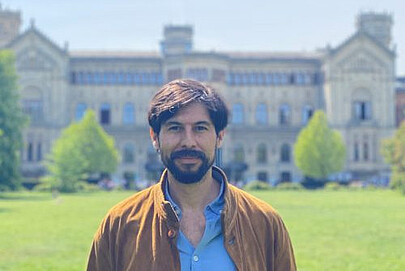
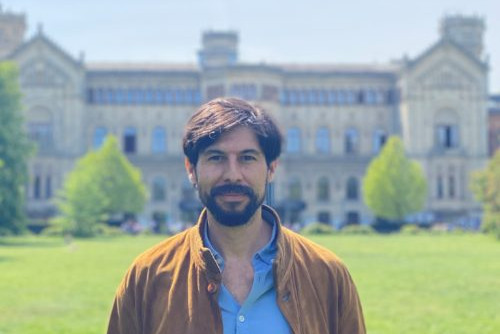
30167 Hannover


Staff


30167 Hannover




30167 Hannover




30167 Hannover


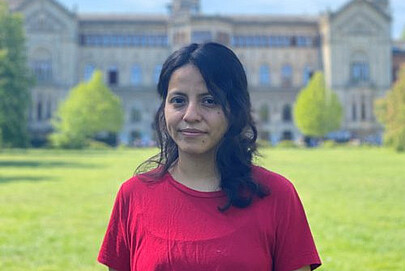
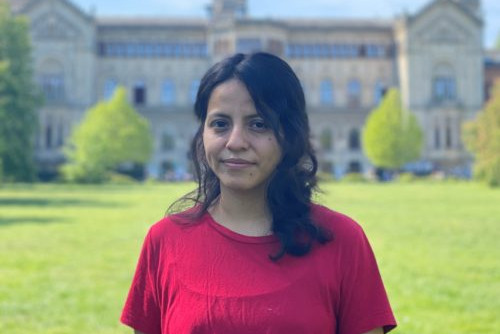
30167 Hannover


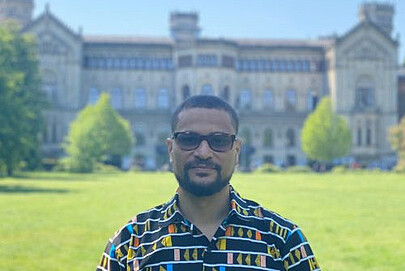

30167 Hannover





